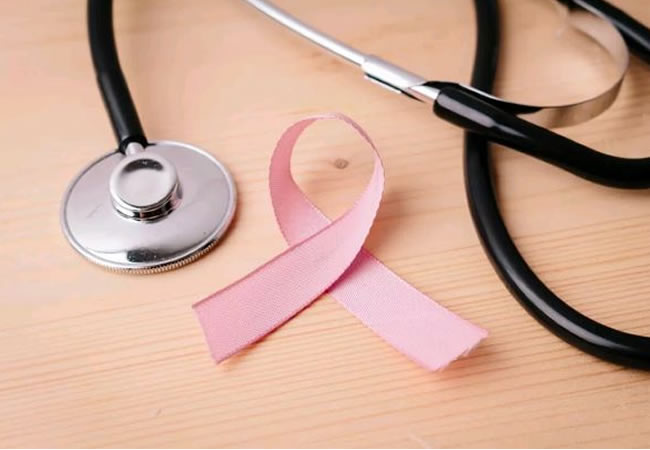
Odunvbun, a paediatrician at the University of Benin Teaching Hospital, gave the advice on Friday in an interview with the News Agency of Nigeria in Benin.
She said “Our greatest challenge in cancer management in children is that by the time they come for treatment, they come very late. The disease has spread to other parts of the body and the percentage of care has become very low, what should have had a 90 per cent rate of cure becomes five percent of cure.
“Parents should not wait for an abnormal growth of cancers in their children’s bodies to grow very big before seeking appropriate care. Parents should also stop using native treatment for tumors, this is because by the time they present to the hospital they have exhausted all their money without a cure.”
According to her, children do have cancers just like adults, and cancers develop in body cells which are present in both adults and children.
“Cancer simply means uncontrolled multiplication of body cells. The common sites of cancer in children are the eyes, the kidneys, the blood, and the lymph nodes. For eye cancer, the early signs include a speck in the child’s eye that looks like a cataract; a tumor growing in the retina.
“In some children, early signs of cancers include growth appearing in certain parts of the body; it can be on the neck or stomach. It can be anywhere. Once you see any abnormal growth anywhere in your child’s body. Let the child be taken to the hospital for examination.
‘For blood cancer, the child starts having repeated shortage of blood by the time a child has received a blood transfusion two times within a short period, the child should be assessed in the hospital. Blood cancer in children can also present in the child’s body, always getting hot and you are always treating the child for fever; let the child be assessed in the hospital,” she said.
She lamented the lack of financial support for cancer treatment in children, urging government and non-government actors to assist the victims.
“Parents do not receive government support for treatment. Often, they abandon the treatment because they cannot afford it, even when the child is close to being cured.
“Due to the lack of funds to continue treatment, the cancer often returns after being abandoned. In the developed world, eight out of every ten children with cancer are cured, but in Nigeria, only two out of ten may be cured.
“In developed countries, the government covers the cost of treating children through health insurance, so, parents are not paying out of pocket. This ensures timely treatment and better compliance,” she said.
(NAN)













